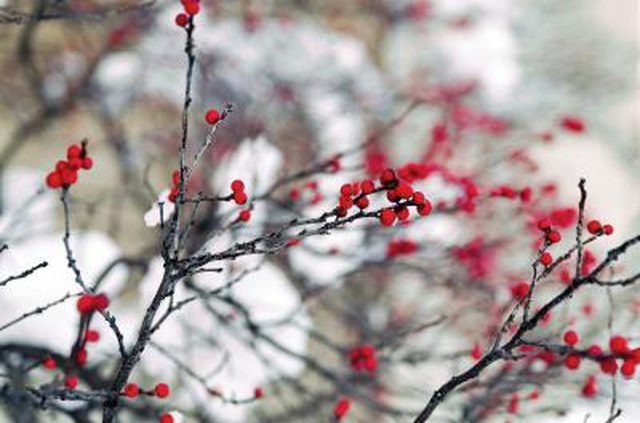Bulbs
Flower Basics
Flower Beds & Specialty Gardens
Flower Garden
Garden Furniture
Garden Gnomes
Garden Seeds
Garden Sheds
Garden Statues
Garden Tools & Supplies
Gardening Basics
Green & Organic
Groundcovers & Vines
Growing Annuals
Growing Basil
Growing Beans
Growing Berries
Growing Blueberries
Growing Cactus
Growing Corn
Growing Cotton
Growing Edibles
Growing Flowers
Growing Garlic
Growing Grapes
Growing Grass
Growing Herbs
Growing Jasmine
Growing Mint
Growing Mushrooms
Orchids
Growing Peanuts
Growing Perennials
Growing Plants
Growing Rosemary
Growing Roses
Growing Strawberries
Growing Sunflowers
Growing Thyme
Growing Tomatoes
Growing Tulips
Growing Vegetables
Herb Basics
Herb Garden
Indoor Growing
Landscaping Basics
Landscaping Patios
Landscaping Plants
Landscaping Shrubs
Landscaping Trees
Landscaping Walks & Pathways
Lawn Basics
Lawn Maintenance
Lawn Mowers
Lawn Ornaments
Lawn Planting
Lawn Tools
Outdoor Growing
Overall Landscape Planning
Pests, Weeds & Problems
Plant Basics
Rock Garden
Rose Garden
Shrubs
Soil
Specialty Gardens
Trees
Vegetable Garden
Yard Maintenance
Is Winterberry Toxic?
Is Winterberry Toxic?. Winterberry (Ilex verticillata), also known as winterholly, brightens winter landscape with brilliant berries. Hardy in U.S. Department of Agriculture plant hardiness zones 3 through 9, the deciduous shrub drops its leaves in fall so the berries stand out against bare winter branches. Despite the beauty of its tempting fruit,...

Winterberry (Ilex verticillata), also known as winterholly, brightens winter landscape with brilliant berries. Hardy in U.S. Department of Agriculture plant hardiness zones 3 through 9, the deciduous shrub drops its leaves in fall so the berries stand out against bare winter branches. Despite the beauty of its tempting fruit, eating winterberries should be avoided -- especially by children. The toxic berries and plant parts may produce adverse effects in humans and animals.
Effects on Humans
Winterberries provide winter-long interest in the garden and make beautiful cut stems, but they also contain an alkaloid nearly identical to caffeine in coffee. Humans who ingest berries can suffer symptoms associated with caffeine poisoning. Caffeine is in high concentration in the berries. Ingestion can cause dizziness, stomach pain, diarrhea, high pulse rate, nausea, drowsiness and low blood pressure. Tolerance to caffeine is different for everyone, so amounts necessary to produce adverse symptoms vary from person to person. Children are particularly susceptible to adverse effects. Teach children never to eat fruit from the winterberries in your garden or your home.
Responses in Animals
Whether snitching berries from the bush or off holiday decor, animals that ingest leaves or berries from the winterberry plant can suffer adverse effects from the alkaloids the plant parts and berries contain. Depression, vomiting and diarrhea are common symptoms winterberries produce in pets. Cats, dogs and horses are all sensitive to winterberry toxicity. If pets have access to garden areas where winterberry is grown, consider removing branches that put fruit at their mouth level. When used in indoor arrangements, keep winterberries out of the reach of curious pets.
Prevention and Solution
Proper planning keeps winterberries safely away from humans and pets that could be harmed. Select garden spots that restrict access to unsupervised children and pets. Keep fallen leaves and berries cleaned up from the ground to prevent accidental ingestion. Caffeine is the primary toxic ingredient in winterberry, and symptoms can be unpleasant. Humans with severe, prolonged reactions to winterberry ingestion should be evaluated by medical professionals. Animals that show symptoms of winterberry poisoning should be seen by their veterinarian. Take a sample of the plant to the doctor or veterinarian to aid in proper identification and diagnosis.